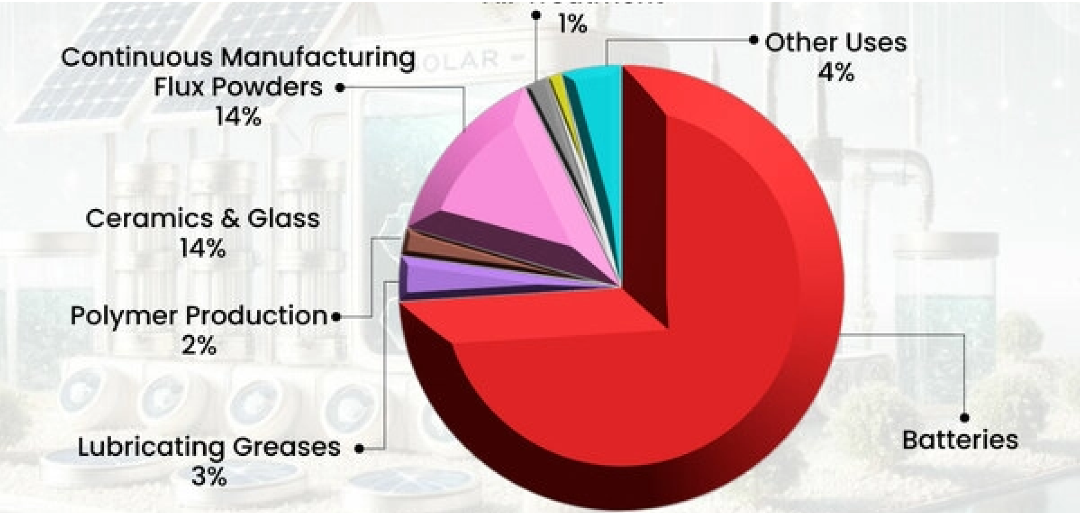China Accelerates Push for Domestic EV Chips Amid Global Trade Tensions in 2025
In 2025, China will focus on self-sufficiency in high-tech industries by further integrating domestically produced semiconductor chips into the country's electric vehicle (EV) industry. By doing so, China aims to reduce reliance on foreign technology and enhance its high-tech capabilities.
It is estimated that 15% of the chips utilized in Chinese automobiles are locally sourced, which is expected to increase rapidly as the country shifts towards self-sufficiency. This move aims to support Beijing's strategy of innovating self-dominated technologies while reducing Chinese dependence on Western countries.
Substant government funding for the Semiconductor industry supports China's transition towards more self-sufficient EVs. This includes the May 2025 initiative that allocated $47 billion toward domestic chip manufacturing. These moves show how serious China is in claiming the supply of critical components of its EVs, fostering a more sustainable and self-reliant supply chain.
Despite these funding efforts, fears of economic self-sufficiency have stirred concern globally. The US has started a trade probe against China regarding attempts to monopolize the $80 billion Automotive semiconductor industry. This escalation of trade rivalry can potentially hinder cooperation between nations toward green technologies that climate change desperately needs.
The consequences of China's strategy can be critical to worldwide EV chip manufacturers as they stand to lose a significant market share due to the growth of reliance on local semiconductors by Chinese car manufacturers. This change might require foreign companies to relocate to China if they wish to capture the relevant market, which could result in a fragmented market if replicated in the US and Europe.
By the end of 2025, China's focus on self-sustained chips will be for both material and strategic objectives, particularly with the pace of development in China's EV market. Although they are concentrating right now on less sophisticated analog and power chips, these Chinese companies will likely move on to develop more advanced components and will compete against the West. While China is actively encouraging the production of domestic chips in 2025, there are likely to be fundamental changes in the global market for automotive semiconductors that will impact international relations and the global paradigm for electric vehicles, everything from trade agreements, superpower relations, and advancements in EV technology can be susceptible.

